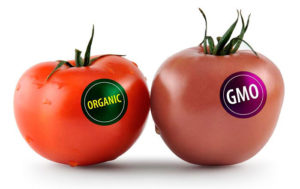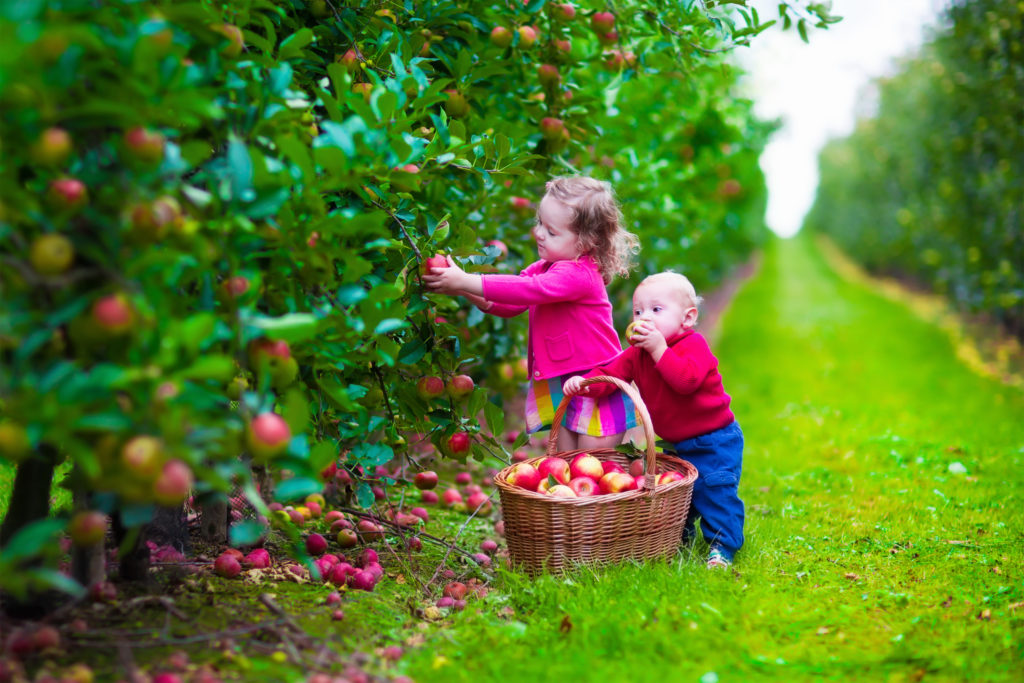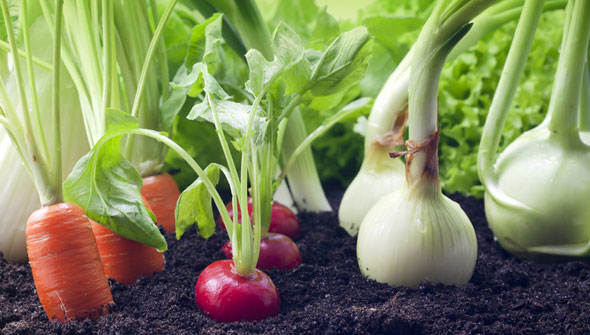The term “organic” refers to the way agricultural products are grown and processed. Organic food refers to food products that are produced, prepared, and processed without the use of any chemicals. It means organic food production prohibits the use of chemical pesticides, chemical fertilizers, or chemical preservatives. Organic farming is a technique, which involves cultivation of plants and rearing of animals in natural ways.
Oragnic Vs Non-Organic
|
Organic Produce |
Conventionally-grown produce: |
|
|
|
|
|
|
|
Organic meat, dairy, eggs |
Conventionally-raised meat, dairy, eggs |
|
|
|
|
|
|
Health Benefits of Eating Organic Food
-
Better overall health
-
Antioxidant content
-
Improved heart condition
-
 Stronger immune system
Stronger immune system -
Organic food is GMO-Free
-
Organic foods are poison – free
-
Consumption of highly nutritious food products
-
Organic farming is better for the environment
-
Lessened chances of food-borne illness
-
Consumption of higher quality meat and milk
-
Lower levels of toxic metals
-
It tastes better
-
Safe from dangerous pesticides
Following Fruits & Vegetables have the highest pesticide level so are best to buy organic.
-
Apples
-
Sweet Bell Peppers

Cucumbers
-
Celery
-
Potatoes
-
Grapes
-
Cherry Tomatoes
-
Kale/Collard Greens
-
Summer Squash
-
Nectarines (imported)
-
Peaches
-
Spinach
-
Strawberries
-
Hot Peppers
Fruits & Vegetables which need not to buy
-
Asparagus
-
Avocado
-
Mushrooms
-
Cabbage
-
Sweet Corn
-
Eggplant
-
Kiwi
-
Mango
-
Onion
-
Papaya
-
Pineapple
-
Sweet Peas (frozen)
-
Sweet Potatoes
-
Grapefruit
-
Cantaloupe

Organic products reduce public health risks to farm workers, their families, and consumers by minimizing their exposure to toxic and persistent chemicals on the farm and in food, the soil in which they work and play, the air they breathe, and the water they drink. Children are especially vulnerable to pesticides. Thus, offering organic food and fiber products into the marketplace gives parents the option of choosing products produced without the use of these toxins.
Not only does organic production help reduce public health risks, mounting evidence shows that food grown organically are rich in nutrients, such as Vitamin C, iron, magnesium, and phosphorus, with less exposure to nitrates and pesticide residues in organically grown fruits, vegetables, and grains when compared to conventionally grown products.
.


